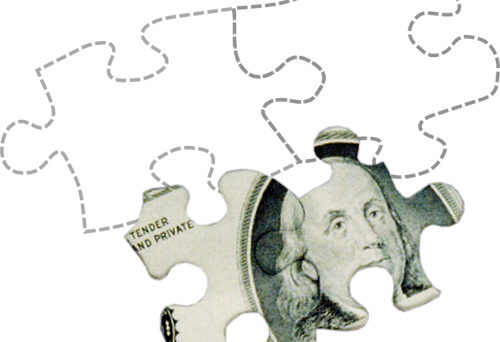 Unless a business valuation is required by agreement (as in the case of a buy-sell) or by law (such as when a gift is made by a business owner to his/her child) where its necessity is obvious, I am often asked why a business valuation is so important. Business owners often believe that they can determine the value of a business by merely applying a multiple of revenue, net income, EBITDA or some other industry standard. Such generalizations often swing and miss at the true value, not only when it is needed for purposes already mentioned but also when negotiating a value, such as when buying or selling an interest in a business or determining its value for settlement of marital assets in a divorce.
Unless a business valuation is required by agreement (as in the case of a buy-sell) or by law (such as when a gift is made by a business owner to his/her child) where its necessity is obvious, I am often asked why a business valuation is so important. Business owners often believe that they can determine the value of a business by merely applying a multiple of revenue, net income, EBITDA or some other industry standard. Such generalizations often swing and miss at the true value, not only when it is needed for purposes already mentioned but also when negotiating a value, such as when buying or selling an interest in a business or determining its value for settlement of marital assets in a divorce.So why do these simple calculations miss the boat on determining value? Here are just a few reasons:
- Business owners often rely on historical information instead of applying potential future growth rates. If a product or service is expected to trend toward higher or lower growth or profitability, a value can be greatly skewed by ignoring this forecast, which valuations based upon multiples do.
- The market place has a mind of its own and, like it or not, information about private transactions is publicized and affects perceived as well as actual value. The buyer or seller of a business, the working spouse and soon-to-be ex-spouse, and even the IRS, has access to this information and will use it when calculating their own value. Therefore, market data cannot be ignored but often impacts value to the extent that it lands far from the results of simplified calculations.
- One size does not fit all when it comes to valuing a business and the associated risks may be substantial. Factors such as the size and depth of a management team, the availability and reliability of financial information, the amount and severity of competition, the position within the industry and its stability, all individually and collectively affect the risk of ownership and, therefore, the value of a business interest. The weight of each of these factors, and many more, are considered in a valuation but are not included in the use of basic multiples.
- If a transaction involves less than a controlling interest in the business, doesn’t it make sense that it’s worth less than an interest that provides control? This control provides the owner with the ability to make management decisions affecting the future of the business, compensation, distributions, etc. A lack of control prevents an owner from such decisions. Typical calculations cannot incorporate such differences in control into determined value.
If you want further information about why a business valuation would be important in your particular situation, feel free to contact me.
